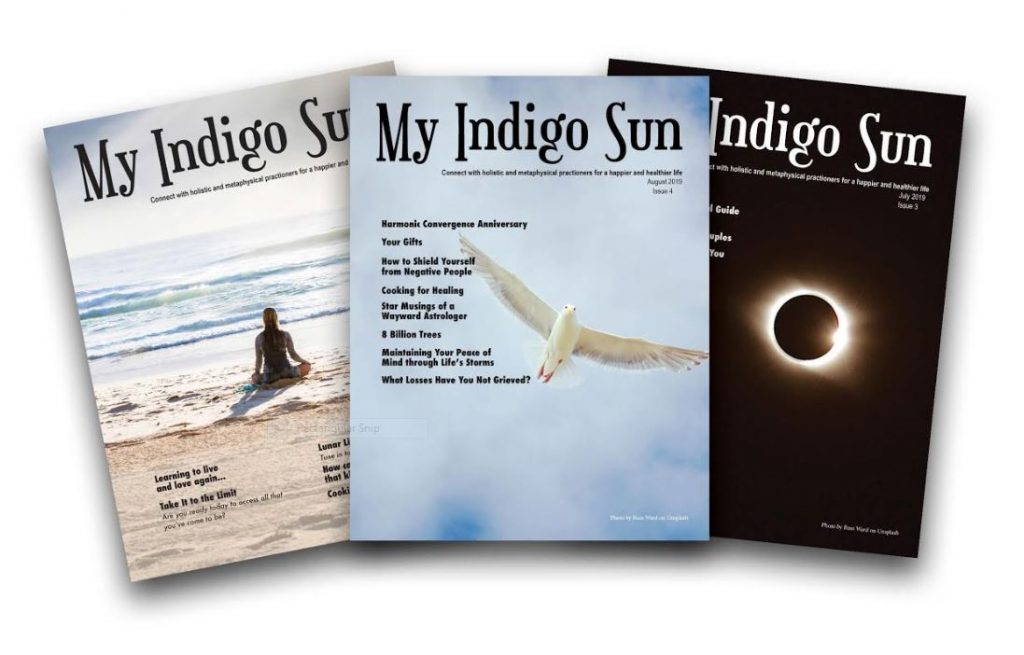Quite possibly, what can seem even more difficult than making peace with others is the prospect of making peace with ourselves. We are burdened with what we have done or not done. And more deeply, many of us are burdened with an identity where we believe we are “wrong” or unlovable. So, it’s not just “I have done something wrong,” but “I am wrong.” That identity can be so deeply entrenched that we’re not even aware that it’s present. This is what makes it seem so hard to make peace with ourselves for things we have done. Part of the challenge in making peace with ourselves is a belief that our goal in life is to resolve our central conflict. We live as if the core conflict of our life story is the main problem keeping us from happiness, so we live as though resolving that core conflict is our life’s purpose.
Underneath many of the recurring themes or patterns in our life stories is an unconscious assumption: If we want to create the life of our dreams, then we need to resolve what we believe is our core conflict, and to do that we need to be self-critical. “If I can just overcome what’s wrong, if I can just fix certain things about myself, then I can change” (be happy, be loved, be successful). The assumption that the key to happiness is to fix things reveals another assumption: that things must be broken. This approach can temporarily work in the external realm—think of all the advances in medicine, for instance, that are based on it. But when it comes to deepening one’s spiritual awareness, this perspective eventually creates not wholeness but more brokenness in our lives.
What if the key to true happiness lies elsewhere? What if things aren’t broken? What if you are essentially perfect and fundamentally whole? How would that shift your entire worldview? If “I am perfect and you are perfect,” then neither of us is worthier than the other. That means you can broaden your awareness by investigating your perspective. No matter how difficult or how idyllic your early life was, it is about training yourself to think, feel, and embody the truth that you are whole and perfect and one with source, then to ask and follow the question “What else is possible here?” We can then also recognize that we don’t need to earn love. Love is who we are.
If you’ve been able to step back and witness your own thoughts and reactions to life and have discovered a pattern of criticism directed inward or outward, you can give a shout of joy. It’s really one minor step from self-criticism to self-compassion and from criticism of others to acceptance of others. If you continue to give yourself room and the silence to witness, to notice, what activates your criticism, I promise you will find the capacity to live beyond your previous stories and lean into what else is there and what else is possible.
Many, if not all of us, grew up with a somewhat damaged sense of self. Childhood hurts, traumas or abuse severely distort our self-image and can interfere with our ability to relate to others in meaningful ways. If this is the case for you, it is important to do the emotional work to heal and resolve whatever parts of your past are still affecting you. On your journey of healing, you can develop unconditional love, acceptance, and compassion for those inner parts where you might still feel wounded. You can be aware of whether you are acting out or demanding that your needs be met by others who may not be capable of or willing to meet them. Loving the seemingly wounded parts of yourself is a vital step in having deeply connected and purposeful relationships with yourself and with others.
However, as we fully know ourselves to be love, we recognize there is actually no separate self to love. The very idea of loving oneself suggests duality, where in fact there is only oneness. Self-love implies that we are separate from the source of love, rather than an expression of it. From the highest level of truth, the greatest act of self-love is to truly know who and what we are. Love is the truth of who we are. When we truly know this, everything changes. Can it be that simple? I say yes!
TJ Woodward
TJ Woodward is a revolutionary recovery expert, inspirational speaker, educator, addiction treatment specialist, and author of Conscious Recovery.




